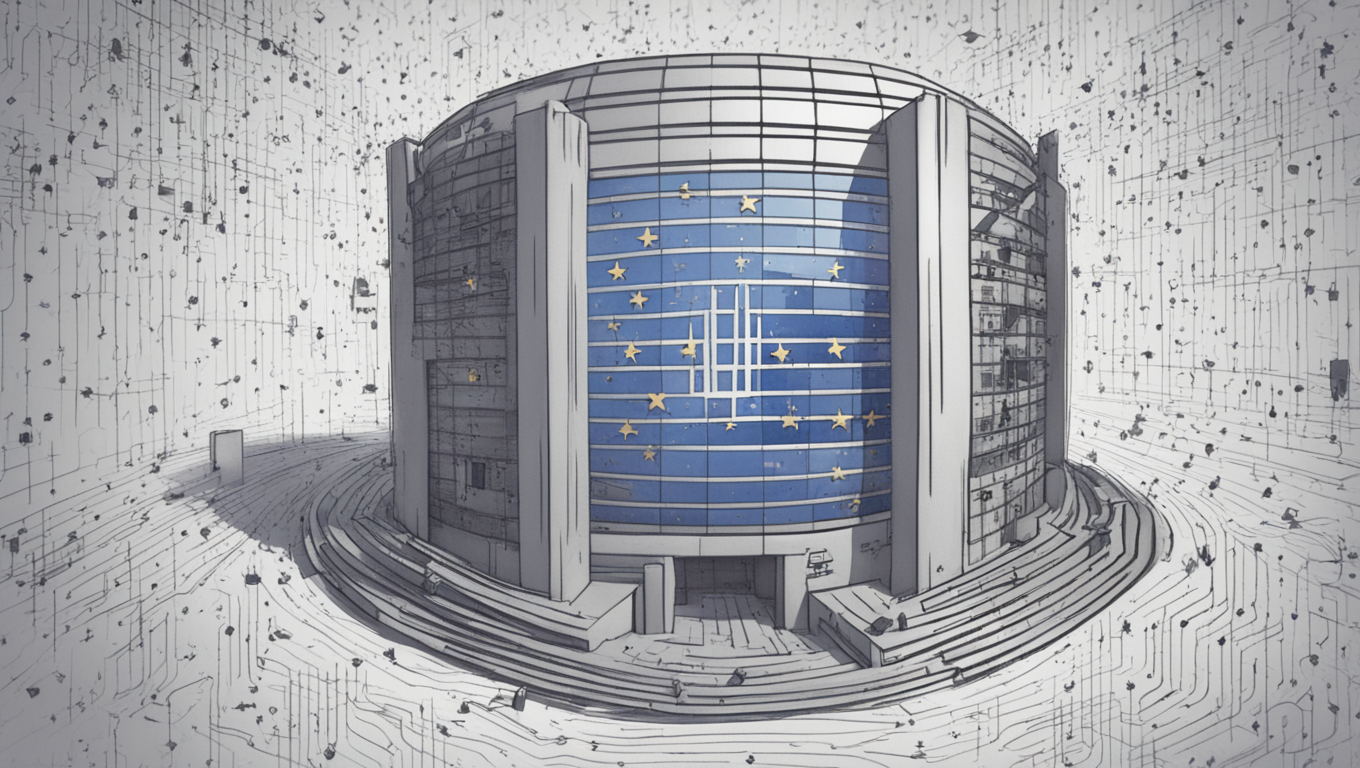In a bid to counter disinformation and safeguard the European Parliament elections scheduled for June, Meta, the owner of Facebook, has announced plans to establish a dedicated team to tackle the misuse of generative artificial intelligence (AI) technology. As concerns grow over potential election interference and the spread of misleading AI-generated content, Meta aims to proactively address these issues and protect the integrity of the democratic process.
Generative AI is a rapidly evolving technology capable of producing text, images, and videos within seconds in response to specific prompts. While this innovation has opened up new possibilities in various fields, it has also raised fears that it could be weaponized to disrupt major elections worldwide. As the European Parliament elections approach, which will take place from June 6 to 9, Meta intends to activate an Elections Operations Center. This center will employ experts from various departments within the company, including intelligence, data science, engineering, research, operations, content policy, and legal teams. Their primary focus will be combating misinformation, addressing influence operations, and countering the risks associated with the misuse of generative AI.
Marco Pancini, Meta’s head of EU affairs, emphasized the company’s commitment to ensuring a fair and transparent electoral process. In a blog post, he stated, “As the election approaches, we’ll activate an Elections Operations Center to identify potential threats and put mitigations in place in real time.” Pancini also announced that Meta will expand its collaboration with fact-checking organizations across the European Union. Currently working with 26 independent organizations covering 22 languages, Meta plans to add three more partners in Bulgaria, France, and Slovakia.
Recognizing the importance of collective action in addressing the misuse of AI, Meta, along with Microsoft, OpenAI, and seventeen other tech companies, recently pledged to cooperate in preventing deceptive AI content from interfering with elections worldwide throughout the year. By joining forces, these industry leaders aim to establish a united front against disinformation and protect the democratic process globally.
While Meta’s efforts are commendable, they highlight a growing need for proactive measures to safeguard elections against emerging threats. The abuse of generative AI poses a unique challenge due to its ability to rapidly produce convincing and seemingly authentic content. By dedicating resources to anticipate and address these potential pitfalls, Meta is taking a crucial step in mitigating the risks associated with AI technology.
The collaboration with fact-checking organizations is particularly significant. By partnering with experts in the field, Meta can benefit from their insights and expertise in verifying information and combating misinformation. Local partners in Bulgaria, France, and Slovakia will expand the company’s reach, enabling a more comprehensive approach tailored to specific regions and languages.
In the face of mounting concerns about the integrity of elections, the concerted effort from major tech companies to address AI misuse sends a strong message. However, the battle against disinformation and the misuse of AI is an ongoing one, requiring constant vigilance and adaptation. The progress made in safeguarding the European Parliament elections serves as a stepping stone toward a transparent and fair democratic process. As the world increasingly relies on technology, it is crucial to develop innovative solutions and align industry efforts to protect the integrity of elections worldwide.





Use the share button below if you liked it.